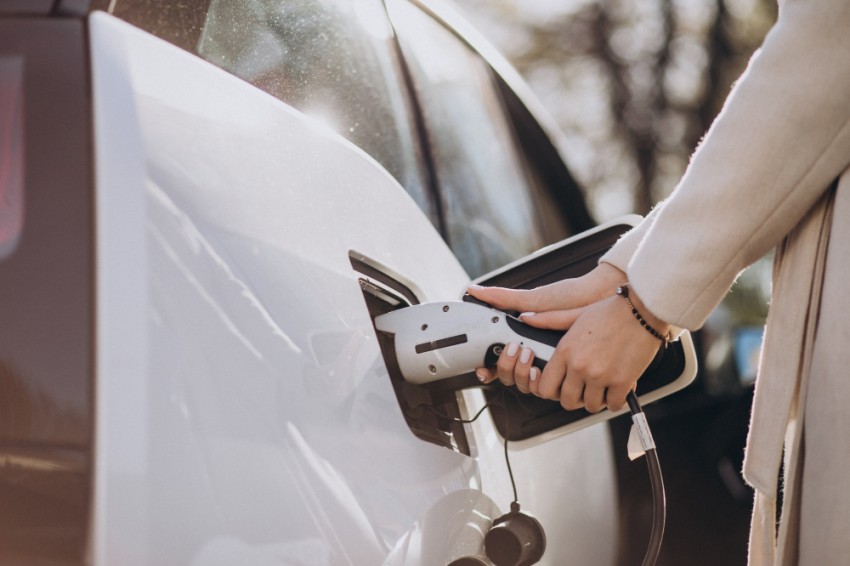- Opening hours : Monday to Friday from 8:30 to 17:00
We use cookies to analyze web traffic. No personal data is collected, and your visit is anonymized to protect your privacy.

Last Wednesday, April 26, 2023, Climate and Energy Minister Rob Jetten held his first climate press conference. It is intended that a series of such press conferences will follow. In them, he will update us on the implementation of climate plans. A €35 billion climate fund has been established by this administration. Of this, €28 billion is now earmarked. It is therefore good that society is informed about the progress of the implementation of the plans. Mind you, this has nothing to do with the nitrogen crisis. It is about combating global warming, especially through CO2 emissions.
Mega Investment
It is apparently a fait accompli that the earth is warming and that humanity itself is responsible for this. Even the Chinese and Indians are working on climate plans, Jetten said. In many countries of the world there is much more to be gained than in the Netherlands, but that in itself need not be a reason to do nothing. According to Jetten, with our mega-investment we are setting an example for the rest of the world, which in his view will follow. He also sees economic benefits. The latter is interesting. For now, our country's businesses and citizens will mostly perceive a threat in the sweeping plans. Jetten sees the economic benefits in the challenge for business to implement the plans.
Tata Steel, the Botlek and Chemelot face major challenges to reduce emissions. The same certainly applies to housing associations and investors in rental properties, as well as property owners who need to make their properties more sustainable. But I can sympathize with the economic opportunities Jetten is presenting us with. If we invest heavily in this transition, we will become less dependent for our energy supply. Two new nuclear power plants are even planned. Who would have thought that possible five years ago? The well-known dangers of nuclear energy, always a thorn in the side of leftist politicians, must now give way to an even greater danger, global warming.
ESG
So there is no escape, let's embrace it then. Much will be asked of our knowledge institutes and of engineering firms and architects. But what about the construction industry? Our own world will also have to cope. Starting in 2025, large companies will have to report on ESG (Environment, Social and Governance) in their annual reports. Under the heading of environment, they will have to show what emissions they have and what they are doing to reduce them. Smaller companies will be required to do this later. Companies need to be prepared for this. What is it really, what rules are there and how can we comply?
Within Tripolis we think about this, we prepare ourselves by gaining knowledge about sustainability and then sharing this with our clients. They are not yet eager for our help, because it costs money. It is up to us to convince them that it is much more profitable for them. The immediate benefit is energy savings; the recent crisis has taught us the enormous economic impact of energy supply. It comes down to being smart, making the right choices. Banks will make demands, employees only want to work for companies that have sustainability high on their list of priorities. Expert advice is necessary. But in the longer term, it's about value creation. Companies that pick up this development too late will disappear. Companies that are smart about it gain a competitive advantage and will see their business value increase. So you are being irresponsible if you do nothing.
If we all get on board with it, we will put the climate critics out of business. They will have to start thinking about new issues for which they will demonstrate. Let us not forget that it is a very large group that now makes its money from actions to get us out of our cars. So are they still allowed to get on a plane to Nepal to reflect? The airline industry remarkably gets off scot-free, even though everyone knows that pollution from aviation is very substantial.
The stimulation of electric driving continues. Now the government is also focusing on used electric cars. We can expect further measures on this in the 2024 tax plan. There will be more charging spots. Heavy transport will be encouraged to switch to hydrogen. Whether that also applies to agricultural tractors is not clear to me, but that's what Caroline is about.
Entrepreneurs, don't miss these opportunities. Start by developing a sustainability strategy, a comprehensive plan. Plot out in time what you want to do and prepare a budget. Talk to your advisors and financiers about how they can help you make the plans financially feasible.
1 Comment
Patrick
2 years agoHi Rob, leuk artikel met duidelijke aanknopingspunten voor ondernemers, ik neem het zeker mee mee in de voorziene landingspagina ESG Disclosure. Mvg. Patrick
Reply